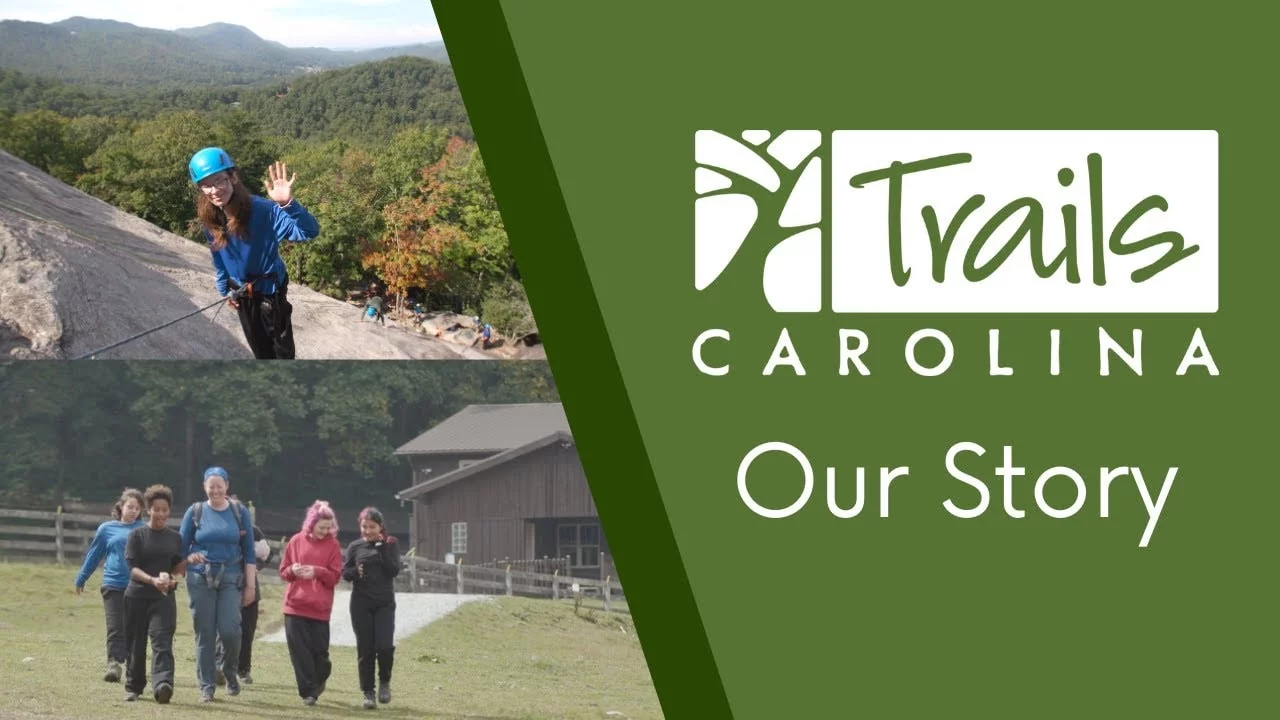Trails Carolina, a therapeutic wilderness program for struggling adolescents, has garnered both praise and controversy in recent years. While many parents and professionals laud its approach to helping troubled youth, there have been concerns raised about the safety, effectiveness, and ethical practices employed by the program. This investigation aims to delve into the various facets of trails carolina investigation, shedding light on its methods, success rates, and potential areas of improvement.
Page Contents
I. Background of trails carolina investigation
A. Founding and Mission
Trails Carolina was founded in 2008 with the mission of providing a structured, wilderness-based intervention for young people facing emotional and behavioral challenges. The program emphasizes personal growth, emotional healing, and skill-building in a natural environment.
B. Approach and Philosophy
Trails Carolina employs a holistic approach that combines outdoor experiences with therapy and education. Participants engage in wilderness activities, such as hiking and camping, while receiving individual and group therapy sessions. This approach is designed to foster self-awareness, resilience, and interpersonal skills.

II. Effectiveness and Success Rates
A. Clinical Outcomes
Proponents of Trails Carolina highlight its positive impact on participants, citing improvements in self-esteem, communication skills, and emotional regulation. Clinical studies and testimonials have suggested that many individuals experience long-lasting benefits from their time in the program.
B. Critics’ Concerns
Critics, however, argue that the program’s effectiveness is not supported by rigorous scientific research. They point to the lack of peer-reviewed studies and independent evaluations as a significant shortcoming. Additionally, some question the lasting impact of the wilderness experience on participants’ long-term well-being.
III. Safety and Ethical Considerations
A. Physical Safety
Ensuring the safety of participants in wilderness programs is paramount. Trails Carolina maintains strict safety protocols, including trained staff, emergency response plans, and regular equipment checks. However, incidents of injuries or accidents have been reported, prompting concerns about the adequacy of safety measures.
B. Emotional Well-being
The emotional well-being of participants is another critical aspect of any therapeutic program. Critics argue that the confrontational nature of wilderness therapy can be emotionally challenging, potentially leading to distress or trauma for some individuals. It is imperative for programs like Trails Carolina to have robust measures in place for monitoring and addressing participants’ emotional needs.
C. Ethical Practices
There have been allegations of coercive or confrontational practices within Trails Carolina. It is essential to investigate and address any potential ethical concerns to ensure the well-being and rights of participants are protected.
IV. Parental Satisfaction and Feedback
A. Positive Experiences
Many parents report positive experiences with Trails Carolina, noting significant improvements in their child’s behavior and emotional well-being. They appreciate the structured and supportive environment provided by the program.
B. Dissatisfaction and Complaints
Conversely, there have been reports of dissatisfaction from parents who feel that the program did not meet their expectations. Common complaints include issues with communication, concerns about safety, and perceived lack of progress in their child’s development.

V. Frequently Asked Questions (FAQs)
Q1. Is Trails Carolina accredited and licensed?
Trails Carolina is accredited by the Outdoor Behavioral Healthcare Council (OBH) and is licensed by the state of North Carolina. These credentials ensure that the program meets specific standards for safety and quality of care.
Q2. What qualifications do staff members have?
Staff members at Trails Carolina undergo extensive training, including certifications in wilderness first aid and CPR. Additionally, therapists hold relevant licenses or certifications in their respective fields.
Q3. How long does a typical program at Trails Carolina last?
The length of a participant’s stay at Trails Carolina can vary, but most programs range from 8 to 12 weeks. The duration is determined based on individual needs and progress.
Q4. Are there aftercare options available?
Trails Carolina offers aftercare planning and support to help participants transition back to their home environment. This may include referrals to local therapists, recommendations for continued education, and guidance on maintaining progress.
Conclusion
Trails Carolina is a wilderness therapy program that has impacted the lives of many struggling adolescents. While it has garnered praise for its unique approach, concerns have been raised regarding safety, effectiveness, and ethical practices. This investigation aims to provide a comprehensive overview of the program, acknowledging both its strengths and areas for improvement. It is crucial for parents, professionals, and program administrators to work collaboratively in addressing these concerns and ensuring the well-being of all participants.




